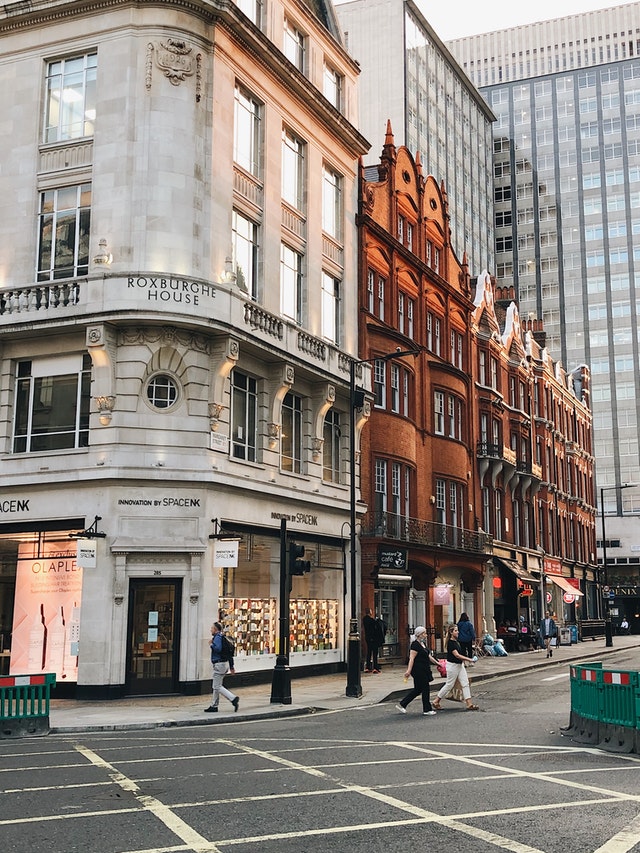When you own commercial buildings, first and foremost in your mind should be the safety of residents and visitors to the building. As the owner, you will be responsible for the upkeep and maintenance of the interior and exterior communal areas to ensure the facility fits its purpose and doesn’t threaten the safety of those who need to use it.
Buildings and building assets benefit from preventive maintenance, increasing their value and maximizing your revenue. Many property managers are concerned that planned maintenance will be too intrusive, too time-consuming, and too much of a drain on their finances to be viable. As a result, repairs and more minor issues are neglected until they become more significant problems.
What Exactly Is Preventative Maintenance?
Preventive maintenance is a proactive strategy for building maintenance designed to keep the building’s critical assets in good working order. PM is also known as proactive maintenance (PM). It entails regular inspections of the building’s equipment and selective service and repairs performed at predetermined intervals based on usage or time. It should be noted that the service completed in this regard is not dependent on the condition of the component.
Performing preventive maintenance to extend the service life expectancy and prevent equipment failure is essential for minimising unscheduled downtime and lowering overall maintenance costs. This is accomplished by correcting defects at the point of occurrence before they become significant problems.
To undertake this type of work, you can either outsource to a preventative maintenance company, select contractors or employ your staff to complete the jobs. If you choose to be proactive and carry out the work yourself, you need to ensure you have the right equipment, including available tools, safety equipment, machinery, towable boom lifts, and more. Your employees tasked with this work should be qualified in the relevant areas to ensure the job is completed correctly to ensure safety and function.
How To Keep Your Property In The Best Condition
Regular Checks
It is not enough to rent the property. Owners should either visit the property regularly or engage a professional property management company. Routine inspection prevents unneeded expenses from last-minute emergencies. And also helps extend the asset’s lifespan.
Many items need to be checked; some, however, may be the renters’ duty. To avoid any misunderstandings, make sure the leasing contract contains all legalities. Routine visits also allow you to check on the tenant’s maintenance activities. This protects your money and keeps you from being blamed for any losses.
It can be worth sticking to a schedule to ensure all checks are made regularly, so nothing is missed. Recording these checks and any issues can quickly alert you to any problems and keep track of what needs to be completed or what is performing well.
Efficient Repair Schedules
In the event of damage or breakdown, it is critical to schedule repairs consistently. The property should be visited by the appropriate personnel responsible for the repairs at the appointed time.
However, even with regular inspections, some circumstances will occur outside of this and must be remedied by the landlord or the tenant per the lease’s terms and conditions. Commercial properties would undoubtedly be affected by certain weather variations, natural or manufactured disasters, and other factors. Getting these issues resolved as quickly as feasible should be a top priority to get the business back up and running and reduce repair costs. Although both parties must strive to avoid property damage and maintain safety, the ultimate goal for both parties must be the protection of the property.
Perform Regular Safety Checks
Your commercial property’s safety devices and fixtures, as well as the overall condition of your commercial property, should be among your highest priority for upkeep.
These safety devices must be in proper functioning order during an emergency to avoid accidents and any potential lawsuits from occurring. A few examples of these safety fixtures include emergency lighting systems, emergency exit signs, emergency doors, and fire detection systems, among other things.
Make a monthly assessment of these safety features to check that they are all functioning correctly.
Identify Fire Hazards
The possibility of a fire breaking out is one of the most damaging risks that any property owner must deal with. The only method to prevent a fire from igniting is identifying and eliminating all potential fire hazards within your home or business.
In addition, you will need to perform routine checks on smoke detectors throughout your facility at least once a month to ensure they are functioning correctly. Aside from that, batteries will need to be replaced once a year.
Ascertain that all fire exit doors are entirely operable and that all passages are free of obstruction. Fire extinguishers should be installed on each floor of your building. Ensure that each floor of your building has one.
Inspect The HVAC
When it comes to the comfort of your building’s occupants during the summer and winter months, air conditioning and heating systems are pretty essential.
As a result, it is possible that the HVAC system in your building may be working overtime and maybe on the verge of failing. This is when the importance of a monthly examination becomes apparent.
Inspection and replacement of filters will guarantee that your HVAC system operates at peak performance.
If the system appears to be under stress, call a professional who can examine the situation and determine where pressure might be relieved through re-balancing. Please remember to check the operation of your HVAC thermostats as well!
When you bring tenants into your commercial building, you have a legal obligation to ensure their safety and wellbeing. While there are limitations regarding what the tenant is allowed to do and what you are responsible for, you should never forget to complete regular building checks to ensure safety measures are in place. If you cannot commit to doing this yourself, it can be worth consulting a management company to take over the care and maintenance of the building and engage with tenants as required.
